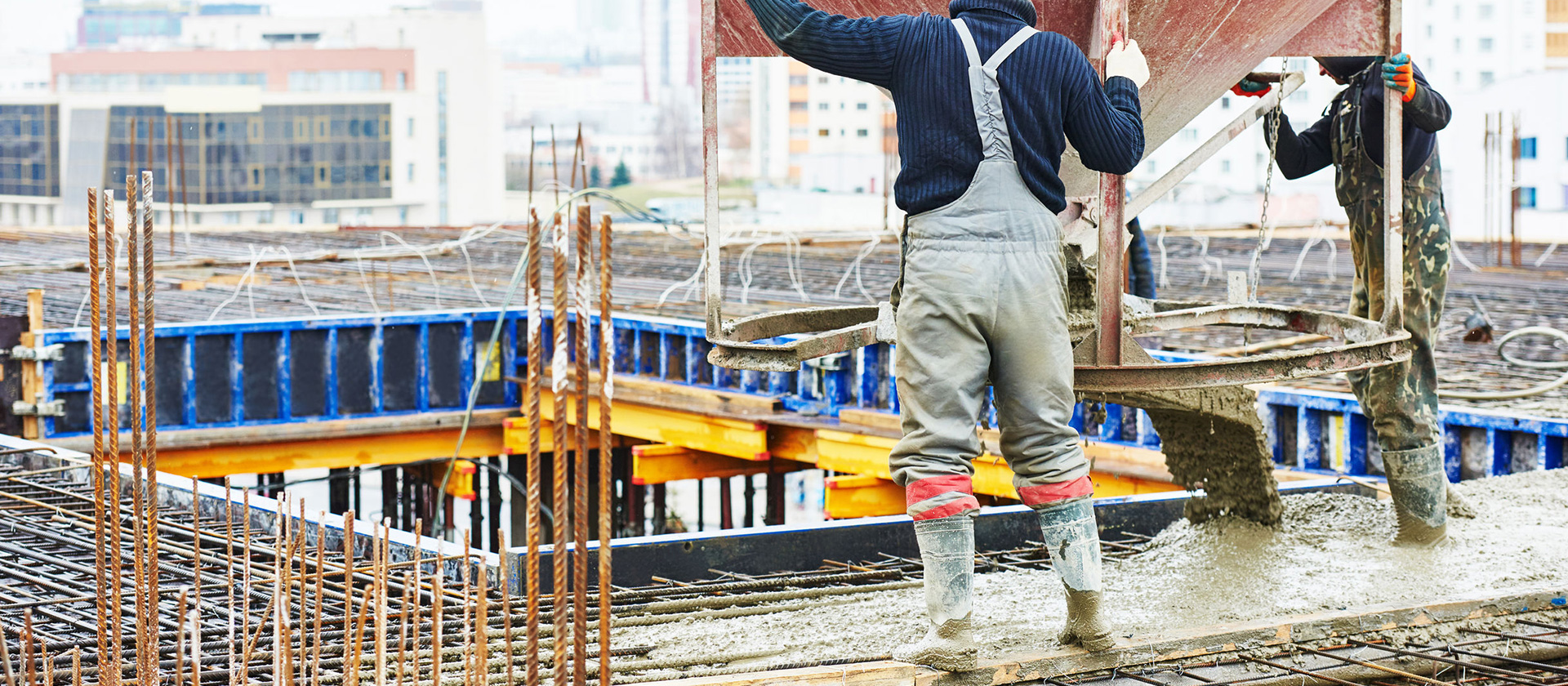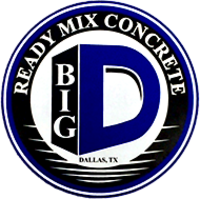What Is The Standard Strength Of Concrete?
Humans have used concrete for ages. Its primary ingredients date back to the ancient Egyptian civilization. But with the development of new concrete additives, today, we are able to produce a more robust and workable mixture. In fact, concrete is now a globally used material, for it is strong and very much durable.
But talking of concrete’s strength, there are different ways to access the same. Concrete achieves varying qualities with different strength properties to make for an ideal solution in diverse use cases.
This blog will shed some light on the importance of concrete strength, different types of concrete strength, and the factors that affect concrete strength. So let us begin:

Importance Of Strength
Methods and equipment for the production of concrete are continuously being modernized. Testing methods, along with data interpretation, too are upgrading and getting more sophisticated.
But the quality of concrete is mostly based on its strength.
It is the strength of concrete that forms the basis of acceptance or rejection of concrete in construction. Specific codes are designate to indicate the same for different structures.
The first-floor columns in high-rise buildings, for instance, are structurally more important than nonbearing walls. A deficiency in the required strength can lead to costly, dangerous, and challenging repairs or, at worst, lead to a colossal failure. So obviously, the overall strength of any construction holds immense importance, but the degree depends on its structural elements.
Considering the strength specs is also necessary while estimating the proposed mix, as the anticipated proportions depend on the supposed strength for finalizing the ingredients’ properties.
Types Of Concrete Strength
In this section, let us quickly take a look at the different types of concrete strengths that impact its quality, durability, and cost:
- Compressive Strength Of Concrete
Compressive strength is a widely accepted measure to access the performance of a given concrete mixture. Considering this aspect of concrete is important because it is the primary measure determining how well concrete can withstand loads that affect its size. It accurately tells you whether or not a particular mix is suitable to meet the requirements of a specific project.
Concrete can excellently resist compressive loading. This is why it is suitable for constructing arches, columns, dams, foundations, and tunnel linings.
Concrete’s compressive strength is ascertained with cylindrical specimens made of fresh concrete. It is then tested in compression at various ages. The size and shape may also affect the indicated strength. Additional tests are further conducted to obtain detailed information on the competence of strength development.
Usually, the compressive strength of concrete varies from 2500 psi (17 MPa) to 4000 psi (28 MPa) and higher in residential and commercial structures. Several applications also utilize strengths greater than 10,000 psi (70 MPa).
- Tensile Strength Of Concrete
The tensile strength of concrete is its capacity to resist cracking or breaking under tension. Although concrete is rarely loaded under pure pressure in a structure, determining the tensile strength is necessary to understand the extent of the possible damage. Breaking and cracking arise when tensile forces surpass the tensile strength.
Compared to the ultra-high performance concrete, traditional concrete has relatively high compressive strength compared to tensile strength, which is significantly lower. This indicates that any concrete structure that may undergo tensile stress must first be reinforced with high tensile strength materials like steel. The knowledge about the tensile strength of concrete is increasingly getting vast due to its significance in managing potential cracking.
However, testing the tensile strength of concrete is somewhat tricky – in fact, there is no field test for direct judgment. But, indirect methods like splitting are quite helpful.
Studies indicate that traditional concrete’s tensile strength varies between 300 and 700 psi, i.e., around 2 to 5 MPa. This means, on average, the tension averages about 10% of the compressive strength.
- Flexural Strength Of Concrete
Flexural strength establishes the ability of concrete to withstand bending. It is an indirect measure of tensile strength.
Let us understand flexure strength with this classic example – several structures, including pavements, slabs, and beams, and its components are subject to bending or flexure. Talking of a beam, it may be loaded at the center and be supported at the ends. Its bottom fibers are in tension, whereas upper ones are in compression. If this beam is constructed with concrete, it will experience a tensile failure in the lower fibers because concrete has a weaker tension. However, including a few steel bars in the lower region will sustain a more significant load as the reinforcing steel has high tensile strength. In fact, if the reinforcing steel is pre-stressed in concrete, the beam will still be strong.
The flexural strength of concrete is usually determined by testing a simple beam where the concentrated load is applied at each of the third points. The numbers are then expressed in a Modulus of Rupture (MR) in psi.
Depending on the specific concrete mix, flexural strength is ideally anywhere between 10% and 15% of the compressive strength.
Factors Affecting Concrete Strength
When we are asked that what contributes to concrete strength, the answer is — just about everything. But the common factors include:
- Type of cement
- Amount and quality or brand of cement
- Accidental substitution of cement
- Cleanness and grading of the aggregate
- Proportions of water
- Presence or lack of admixtures
- Handing and placement methods
- Temperature
- Mixing
- Curing conditions
- Variations between shipments
- Age of concrete when in form and tested
At times even foreign substances make their way into the mix, thereby affecting its strength. So eliminating the elements that do not apply and considering the significant ones is an essential step for achieving the desired strength. Adequate inspection further makes sure that any variations affecting the strength of concrete do not arise.
Want To Know More About Concrete Strength? Contact Us!
At Big D Ready Mix Concrete, we specialize in all things concrete. Our expertise and specialization make us one of the leading ready mix concrete suppliers in Texas. Clients swear by our products and services. And we understand that for the success of any project, the strength properties of concrete are of extreme importance. Know-how of these and what each can do for the project is the solution to choosing the right concrete mix.
So to know more about the different aspects of concrete, call us at (972) 737-7976. Also, if you are already looking for a reliable and local ready mix supplier who can understand your particular requirements – Big D Ready Mix Concrete is at your service! We have been serving Texas since 2002 with prompt and dependable resources, and we will be happy to assist you as well.
You can also leave your information to request a free quote, and we will get back ASAP.
Looking for the best ready mix concrete supplier in Dallas, TX?
Big D Ready Mix Concrete offers you high-quality concrete products and excellent service!
Sister Companies


Our Certifications

Small Business Enterprise
Women Business Enterprise
Disadvantaged Business Enterprise
About Us
Big D Ready Mix Concrete has been serving clients in the Dallas, TX area since 2002, with over 400 utility mixes, high-strength wall mixes, exposed aggregate mixes, flexural strength mixes, stamp concrete mixes, flowable fill mixes, grout mixes, and trailer pump mixes.
Contact Information
10361 Bickham Rd
Dallas, TX 75220
(972) 737-7976
Email Us
Monday-Saturday 5am to 6pm
Dispatch Hours: Project Dependent